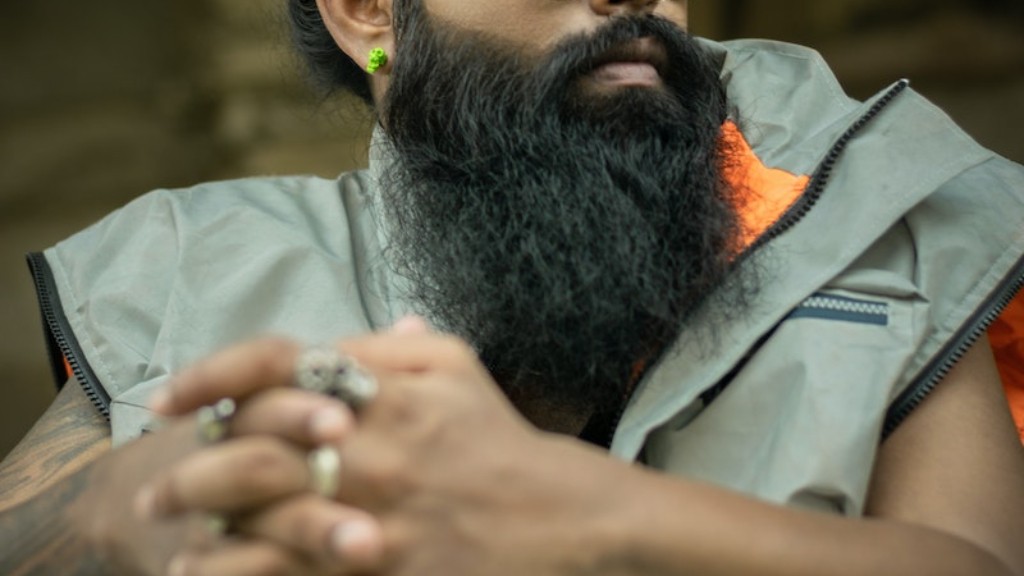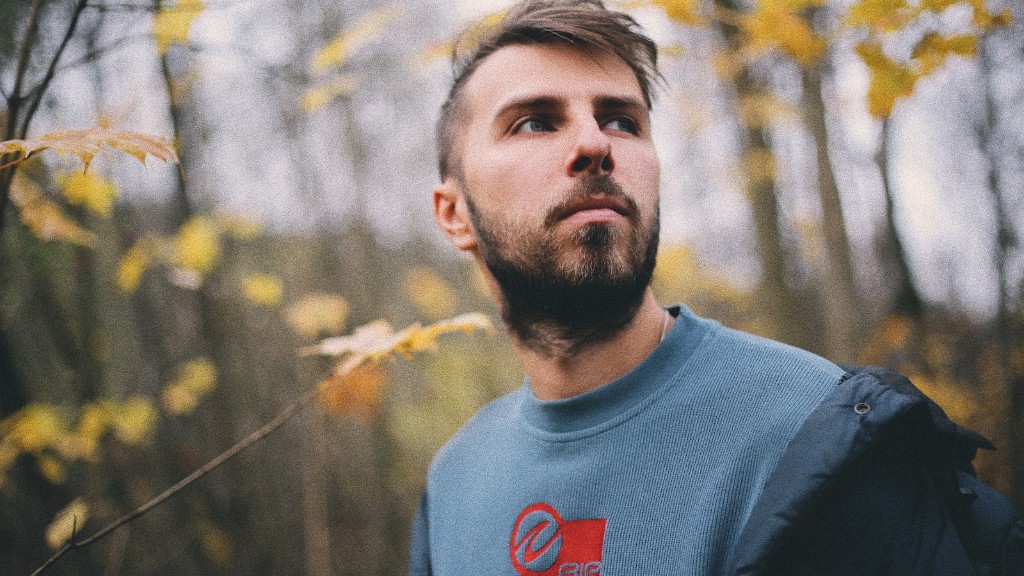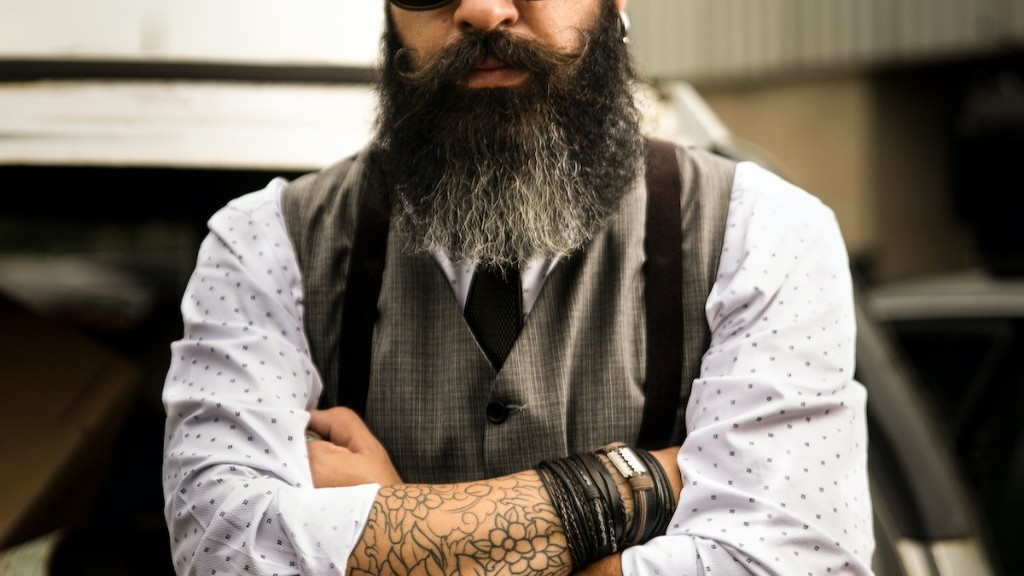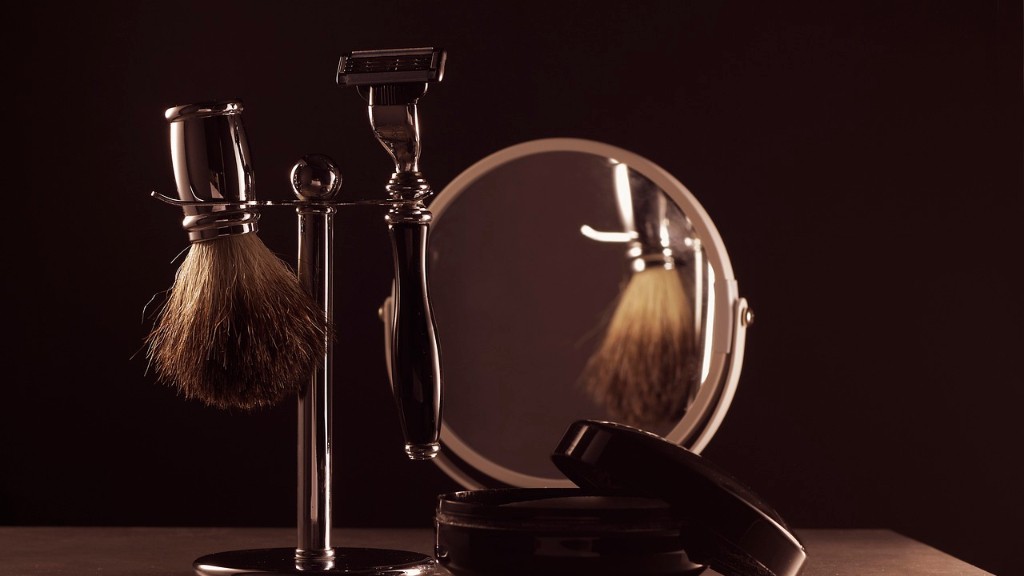Yes, you can grow a beard at 17. Beards tend to come in later for some people, but if you have the genes for it, you can definitely grow a beard at 17. Just let it do its thing and don’t worry about it too much.
No, you cannot grow a beard at 17.
Why can’t I grow a beard at 17?
There is no set age for when men will start to grow facial hair. It is largely dependent on genetics, with some men starting to grow facial hair during puberty, and others not starting to grow until their early 20s. Some men may also take longer to grow a beard.
Here are some tips to help your teenage son grow his mustache and beard faster:
-Clean the face regularly with a mild cleanser to remove dirt, oil, and dead skin cells that can clog pores and inhibit hair growth.
-Exfoliate dead skin cells with a gentle scrub or exfoliating brush to promote hair growth.
-Eucalyptus oil can help stimulate hair growth. Add a few drops to a clean cotton ball and apply to the face.
-Take a daily multivitamin and eat a balanced diet that includes plenty of protein to promote hair growth.
-Massage the face with a gentle circular motion to stimulate blood flow.
-Make sure your son gets plenty of rest to promote hair growth.
Can I grow a full beard at 18
If you’re not getting the beard growth you want, it may be because it’s not your time. Typically, full beard growth is possible starting at around age 18, but for many men, that time may not arrive until they’re 30. So, if you’re patient, you may yet see the beard of your dreams.
There are a few factors that can contribute to patchy beards. For some men, it is simply a matter of genetics and they are born with patchy beards. However, for most men, patchy beards develop during puberty or old age. Poor diet and stress can also contribute to the development of patchy beards.
At what age does beard grow fully?
Most men will have a full beard by their early 20s, but some may need to wait until they hit 30 to reach full beard growth. Puberty might initiate the facial hair growing process, but how fast and thick your beard grows will depend on factors that we’ll discuss below, including genetics and hormone levels.
Shaving hair doesn’t change its thickness, color or rate of growth. The only thing that shaving does is give the hair a blunt tip. The tip might feel coarse or “stubbly” for a time as it grows out, but it will eventually return to its normal state.
Why can’t I grow a full beard at 18?
Genetics play a role in determining where facial hair grows and when a beard reaches its full potential. “From ages 18 to 30, most beards continue to develop in thickness and coarseness,” he says. “So if you’re 18 and wondering why you don’t have a full beard yet, it just may not be time.” Ethnicity can also play a role.
There is no right or wrong answer to this question, it is entirely up to the individual. However, if someone is restricting themselves from shaving because they believe that it will make their hair grow back faster, then I would say that there is no need to worry about this. Hair growth is based on genetics and shaving, trimming or any other activities will not change the pace of growth.
Why can’t some men grow beards
It’s true that some men are able to grow thicker, coarser beards than others, and this is largely due to genetics and hormones. Testosterone is converted in the hair follicle to dihydrotestosterone, which is a more potent form that stimulates hair growth. So, if you’re looking to grow a thicker beard, it’s worth checking with your doctor to see if there are any medical interventions that could help.
If you’re growing a beard, you can expect it to be about an inch long after two months. At this point, you can start doing some light trimming. But be careful not to overdo it – too much trimming at this stage can actually set you back.
Who is a Neckbeard?
A neckbeard is a unkempt, physically unattractive man who is often poorly dressed and has facial hair in places other than his face, most notably his neck. The term entered the Oxford Online dictionary in 2014.
Testosterone and Dihydrotestosterone (DHT) are two hormones that play an important role in regulating facial hair growth. In general, higher levels of Testosterone and DHT will result in faster, thicker, and better beard growth. However, low levels of Testosterone can negatively affect your beard growth. Therefore, it is important to maintain healthy levels of Testosterone in your body to ensure optimum beard growth.
There have been numerous studies conducted on the correlation between beard length and testosterone levels, with mixed results. This study found no evidence to support the hypothesis that beards are honest signals of the beard owners’ testosterone levels and dominance. However, it is possible that other factors not measured in this study, such as facial hair grooming habits, could be associated with testosterone levels and dominance.
Some men may find that their facial hair starts to thin out or become patchier as they get older. For others, the beard may stop growing altogether. The average age for beard growth to stop is around 35.
Are beards attractive?
There is no denying that beards make a man seem more manly. A study found that men with beards are seen as more masculine, mature and as having a higher social status. These traits are clearly important contributors to the overall sense of attractiveness.
There are many reasons why some men are unable to grow facial hair. The most common reason is due to genetic factors. Some men who have trouble growing beards have turned to beard implants. Although beard implants are now available, they’re expensive and are a surgical procedure.
Final Words
You may be able to grow a beard at 17, but it really depends on your hormone levels and genetic predisposition. Some men are able to grow full beards at a young age, while others take longer to develop facial hair. If you’re looking to grow a beard, your best bet is to wait until you’re a bit older and your hormones have settled into place.
There is no definitive answer to this question as it depends on a variety of factors, such as hormone levels,ethnicity, and genetics. However, it is generally accepted that most boys will be able to grow a beard by the time they reach puberty. So, if you are 17 and have yet to grow a beard, it is likely that you will be able to do so in the near future.





